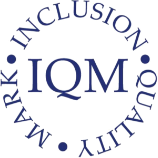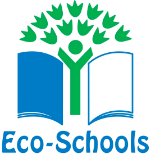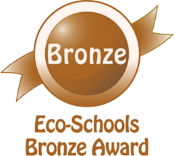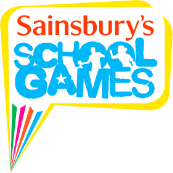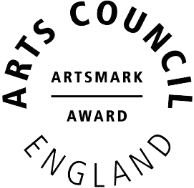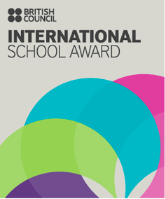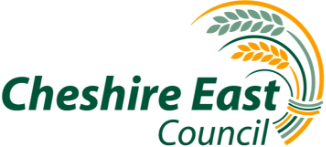Science
Science is an integral part of modern culture. It stretches the imagination and creativity of young people. It has the ability to make students wonder about the world around them and develop the skills to find explanations to this. It engages learners at many levels, linking direct practical experience with scientific ideas.
The delivery of science in today’s world is ensuring we are developing young minds to be prepared for jobs and challenges that do not yet exist.
Experimentation and modelling are used to develop and evaluate explanations, encouraging critical and creative thought. Pupils learn how knowledge and understanding in science are rooted in evidence. They discover how scientific ideas contribute to technological change – affecting industry, business and medicine and improving quality of life. They trace the development of science worldwide and recognise its cultural significance. They learn to question and discuss issues that may affect their own lives, the directions of societies and the future of the world.
Staff:
- Mrs Woodcock – Curriculum Leader
Mr Gregory – Second in Department
Mr Gibbons
Mrs Managh – Year 8 Achievement Manager - Mr Mountford
Mrs Sant
Miss Silcock
Mr Jandric (Science Technician)
Mrs Keele – Intervention
KS3
Students follow a general science curriculum throughout Years 7 and 8, which incorporates key concepts from across Biology,Chemistry and Physics. Students complete a range of activities over the course of the two years that focus on scientific investigations, literacy and numeracy. This ensures that students are given the opportunity to develop the necessary skills to access the GCSE courses at KS4.
KS4
Students must continue to study science until they leave school.
For the majority of students this will mean they study the new Combined Science Course (Trilogy). This continues to build on the key concepts studied at KS3 across all three disciplines of Biology, Chemistry and Physics. Students further develop their knowledge and understanding of key concepts by studying them in greater breadth and depth. As well as extending their scientific knowledge, students will continue to develop their maths skills and literacy, to enable them to communicate scientifically. Practical investigation, again plays a large part in the course and is assessed as part of their final examinations. This course is worth two GCSEs at grades 9-1.
Some students who excel in Science at KS3 may be offered the opportunity to study new GCSE Triple Science Course, which allows students to study the three disciplines of biology, Chemistry and Physics seperately and gain a GCSE at grades 9- 1 in each. The course is similar to the Combined Science course, as students build on their knowledge and understaing from KS3, and develops maths skills,literacy and practical skills throughout. However, within each discipline there is additional content that is not covered in the Combined course, which stretches and challenges the most able students.

